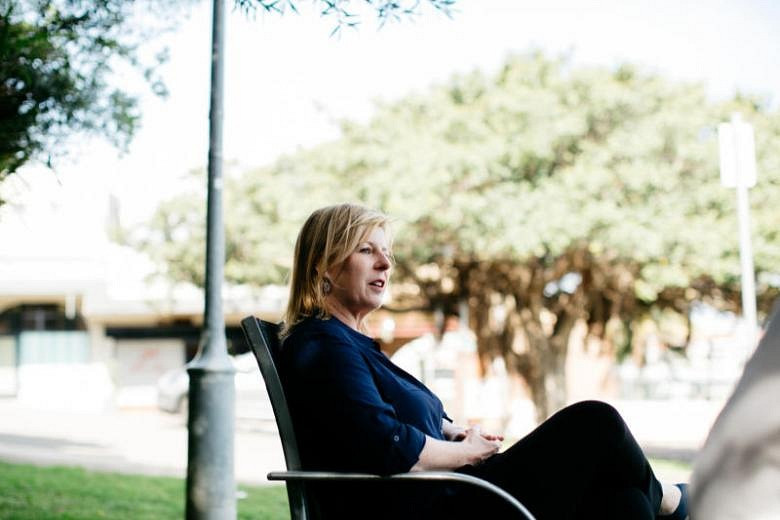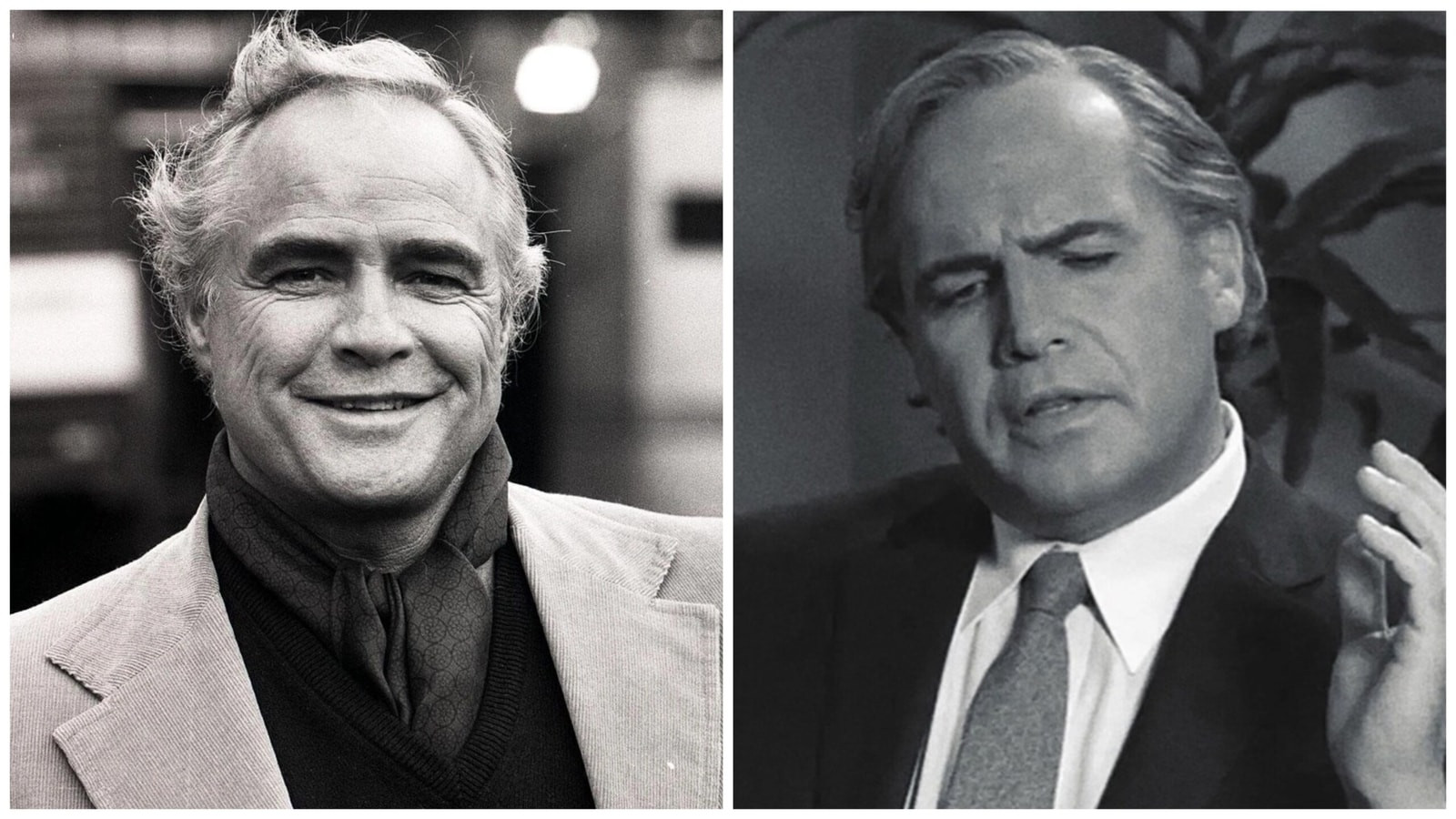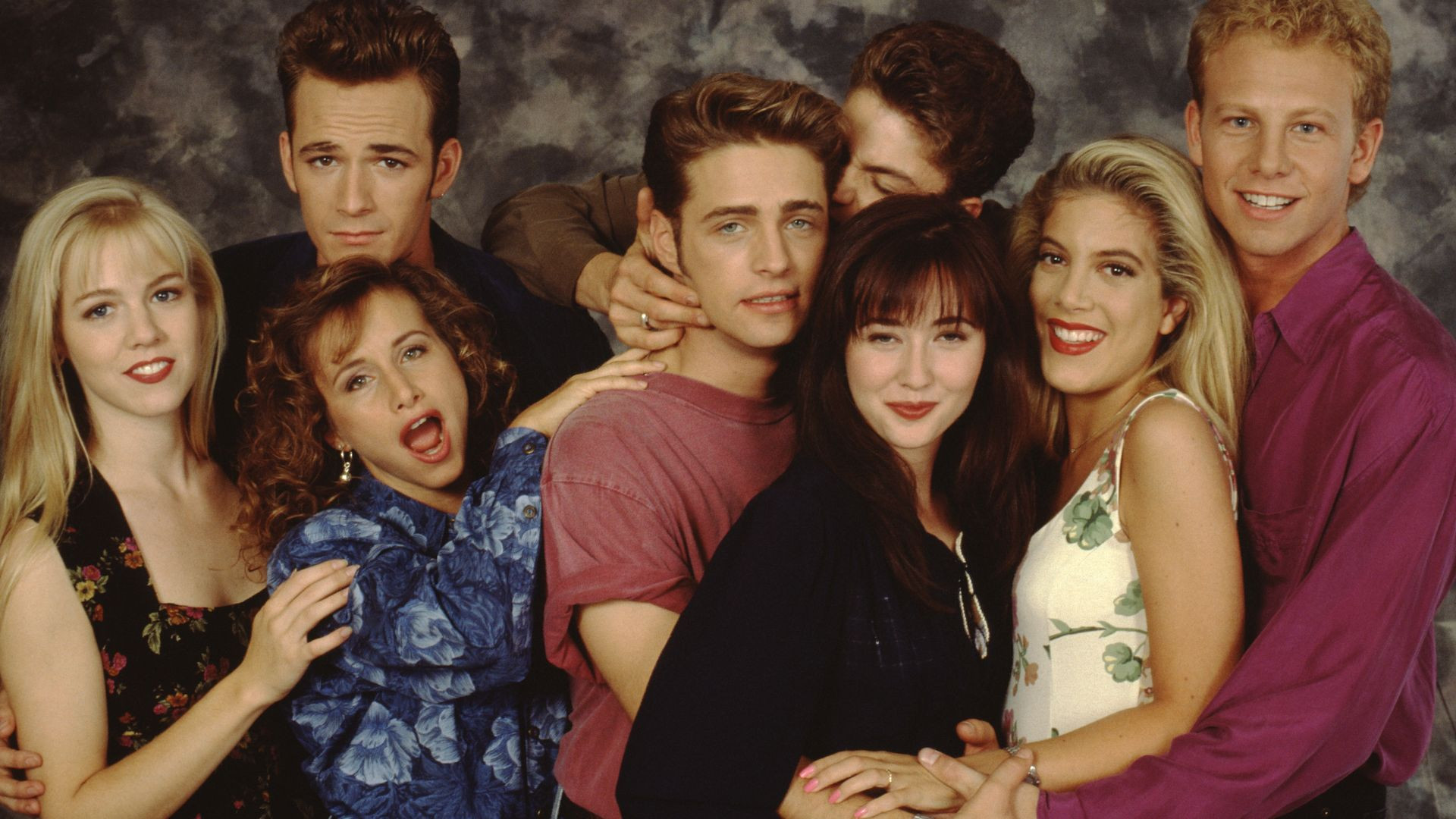Liane Moriarty’s latest novel opens portentously, startling in its narratorial omniscience. This lady is defined, at length, by what she isn’t: she is “not frazzled”; “not frail”; “not shiny-eyed like the shiny-eyed honeymooners flying to Sydney still in their lavish bridal clothes”. It’s a clever setup, leaving the reader hungry to know more about this apparently innocuous character who, we’re told by the end of the opening chapter, will “later become known as ‘the Death Lady’”.
Mid-flight, the Death Lady starts to make pronouncements about how and when her fellow passengers will die: catastrophic stroke, age 72; pancreatic cancer, age 66; workplace accident, age 43. When they disembark, these individuals are left to process and react to their predictions. Some of them, even the more sceptical, take measures to mitigate risk. The somnambulic Dom handcuffs himself to his bed to prevent himself from inadvertently harming his partner, Eve, who is told she will die from “intimate partner homicide” at age 25. Paula enrols her son Timmy (drowning, age seven) at three different swim schools. For a few, the heightened awareness of their mortality brings them a newfound clarity and resolve.
Moriarty’s premise permits an exploration of the age-old question of free will versus determinism (the latter is personified here as male and “bearded”). Is there such a thing as fate, and can we fight it? Alternate chapters are narrated by the Death Lady herself, filling in her backstory, most notably her relationship with her mother, Madame Mae, who was a famous fortune teller. Here One Moment is peppered with references to the laws of probability, various mathematical theorems, and logical fallacies. Life insurance is framed as a contemporary form of clairvoyance: “a bet on when you’re going to die”. Coincidence, and plain luck, it is implied, are undervalued in today’s world: “Some people lead charmed lives and think it is all due to them.”
Our protagonist doesn’t introduce herself until page 92: her name is Cherry. The first sign of her predictions coming true arrives some 200 pages in. At this point, part of the intrigue for readers may lie in determining what kind of book this is. Are we supposed to believe in Cherry’s psychic powers? Or is there some other more realistic explanation? On page 427, we’re told it’s the latter. The revelation is a mundane one but, given that several predictions have come true, it’s also one that strains credibility.
Moriarty, the author of Big Little Lies and Nine Perfect Strangers, doesn’t want to be known as a mystery or thriller writer and describes her work as “character-driven”. The far-fetched plot of Here One Moment wouldn’t matter so much were its characters memorable. But there are just so very many, and post-flight they mostly lead their own separate lives, only really reconnecting via a Facebook group. As a result, there are none of the complicated group dynamics that made her other novels so compelling.
It’s refreshing to have an older woman as a central character. But many of Cherry’s remarks, intended to signal her age, feel overstated. Do we really need reminding that once upon a time, Zoom didn’t exist? Unnecessarily – and unnaturally – she uses 21st-century lexis to describe the past: “‘influencers’, they would be called now”; “she did what would now be called a ‘soft launch’”; “she was the sixties version of a viral meme”. This tendency to spell out every detail is evident across Here One Moment: information is repeated needlessly. We’re given a full paragraph explainer for the Big Banana. (“Inspired by Hawaii’s big pineapple,” US readers will be pleased to learn.)
Moriarty is a skilled observer of contemporary mores. Women joke about their grandkids’ sugar-free diets, then “move on to complaining about their daughters-in-law, which is always necessary for therapeutic purposes”. One has to ask her 18-month-old granddaughter for “consent” before picking her up. In an aside to her fellow introverts, Cherry notes: “We’re all the rage these days.” But this wit is fleeting, and not enough to rescue a narrative that is too baggy and a host of characters who are ultimately forgettable.
Fortune’s unpredictability may be a central theme here (as it is across Moriarty’s body of work). But Here One Moment feels disappointingly orderly. There are frequent references to sex (even “astonishingly good sex”) but it’s never depicted. Self-harm, OCD and domestic violence all feature, but in such a sanitised way that the reader is never remotely unsettled. Moriarty has said she’s not a planner but this novel has a paint-by-numbers feel. For a book with such a macabre premise, it is disappointing that the end result is best described as beige.
On a delayed flight from Hobart to Sydney, Australia, Cherry Lockwood is a nondescript passenger who does something out of the ordinary. Forty-five minutes into the flight, she unbuckles her seat belt and wanders down the aisle. Out of the blue, she predicts the cause of death and the age of death of her fellow passengers. Initially, everyone believes she’s crazy, but one by one, their outlooks on life have been changed by this chance encounter.
Allegra, the flight attendant, is told she will die at age 29 and her birthday is quickly approaching. Leo, the workaholic civil engineer, who is frustrated by the flight’s delay causing him to miss his daughter’s play, is told he will soon be the victim of a workplace accident. Sue, a middle-aged nurse returning from a vacation in Tasmania, will succumb to pancreatic cancer next year.
Eve, the newlywed, still wearing her wedding gown, is told she will die in a domestic row, and millennial Ethan will be beaten to death in a fight on his next birthday. Another passenger, Paula, an attorney and mother with two toddlers, is told her infant will drown at seven. However, some folks are told they will live to be one hundred.
Cherry cannot stop herself. The death list goes on and on, and restricted by a back injury, Allegra barely stops Cherry before she has made predictions for the entire plane.
No one is laughing about these prophecies. Cherry has delivered them with such conviction that she has convinced her fellow passengers of the truth of her words. They are all scared to death. “Fate won’t be fought,” Cherry announces to the doubters.
Upon landing, Cherry goes on her way to visit friends, leaving the passengers and crew with questions. Who was she? Was she a psychic? Will her predictions come true? What can I do to prevent them from coming true?
Of course, word of “The Death Lady” spreads like wildfire on the news and social media, and Cherry’s fame becomes elevated when, a few months later, one passenger dies as she predicted. Then two more.
The novel cleverly toggles back and forth between Cherry’s backstory, and those of Ethan, Paula, Allegra, Leo, Sue and Eve. In classic Moriarty style, she infuses her characters with humor and sympathy, even Cherry. Some of her characters are trapped in lives where they lack control, while others seemed happily living their lives in an uncertain world until Cherry came along.
To reveal more about the mystery or the characters would ruin the plot, which unfolds like a beautiful rose. Each character and episode is a lovely petal composing the entire flower. However, the overarching theme in this tense narrative is the struggle between free will and fate. How much control do we possess over our lives or is our fate preordained?
No doubt, the main character in this book is DEATH — that big, black shadow that hangs over us all. We never know when it will arrive or under what circumstances. All the reader can do is enjoy the well-woven web of another Moriarty mystery that skewers our social norms and asks what would we do if we were told our expiration dates and the cause?
Moriarty’s Here One Moment is a tense psychological thriller that makes the reader question what they would do if they knew their days were numbered.

















